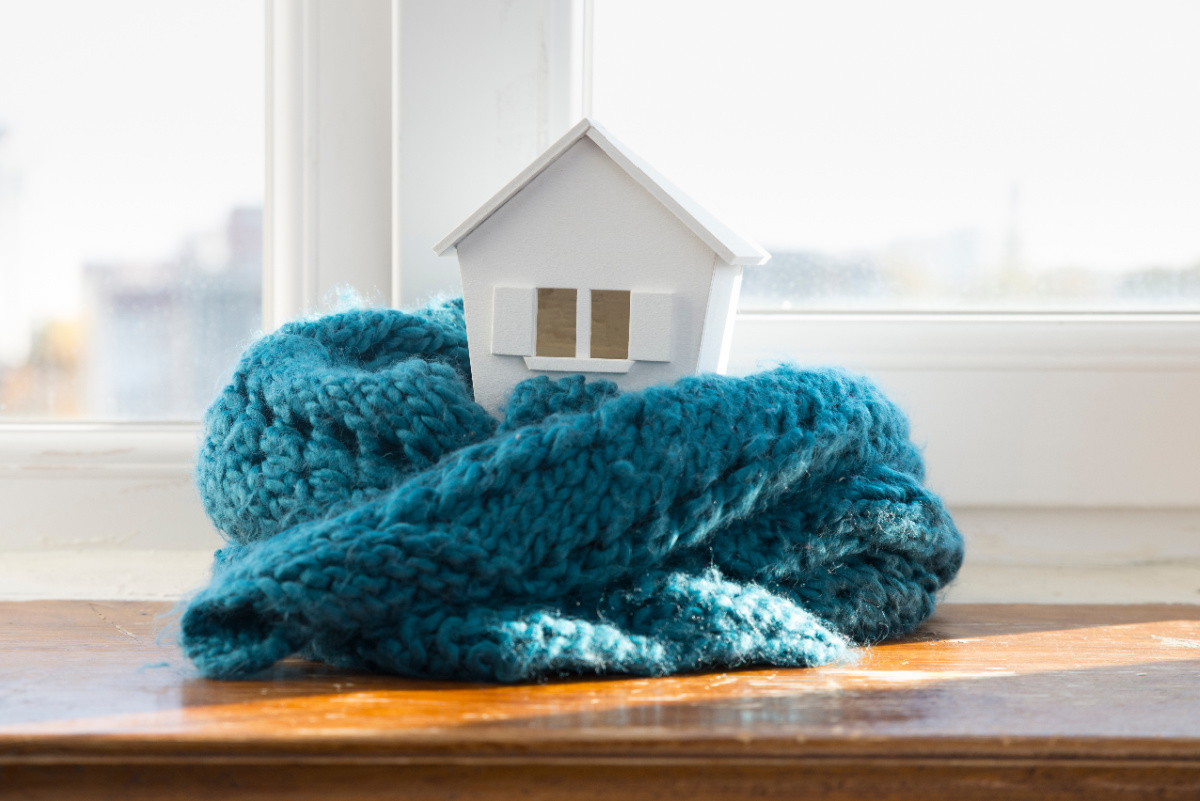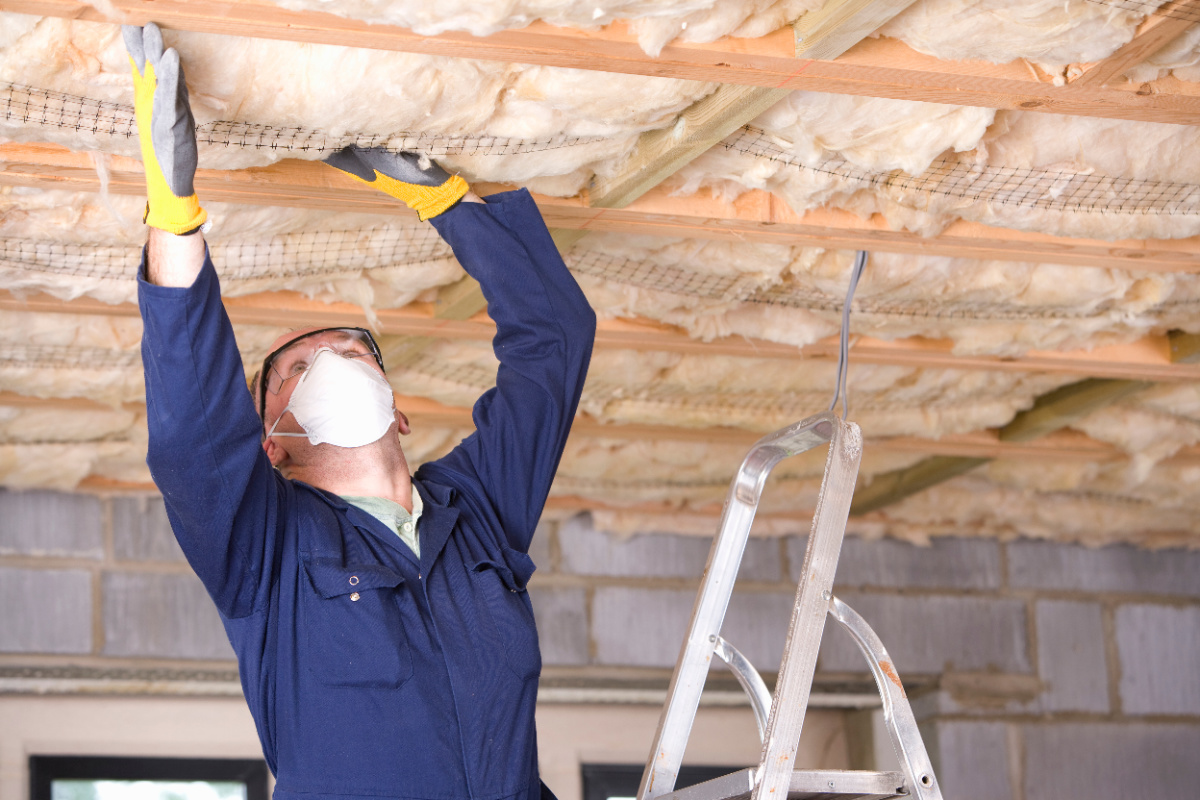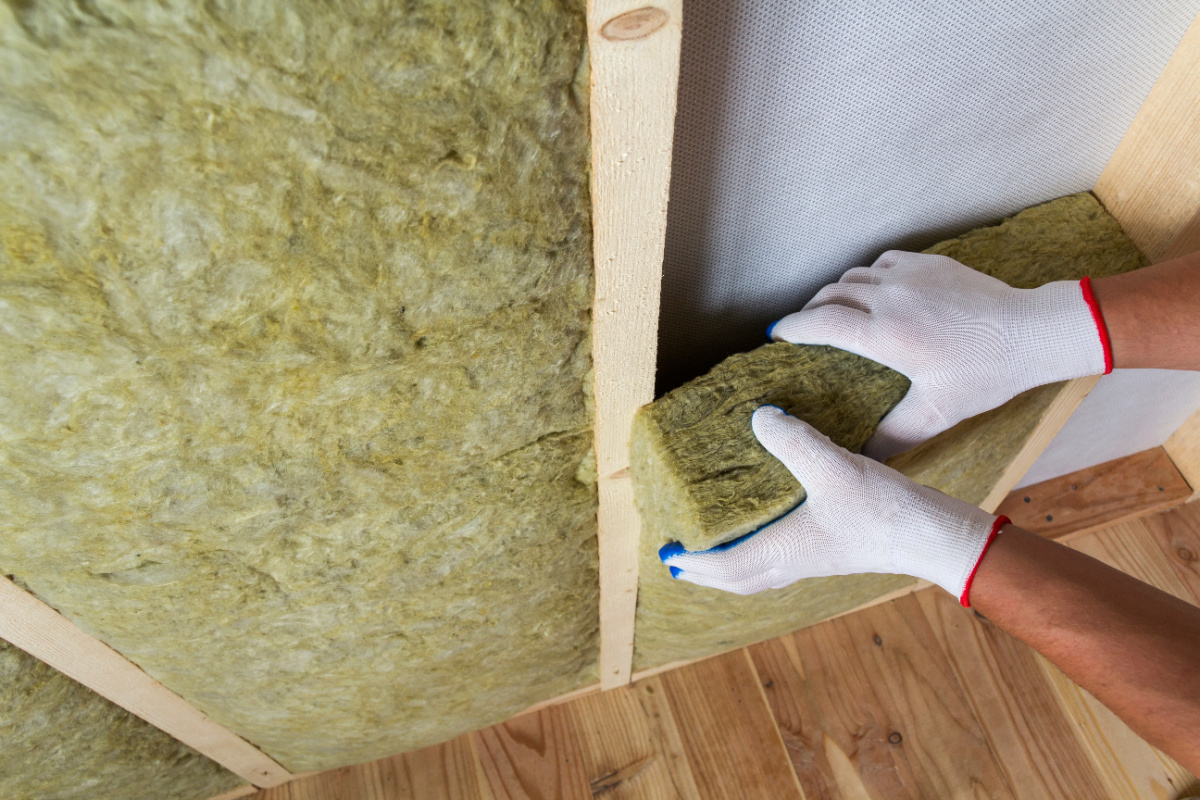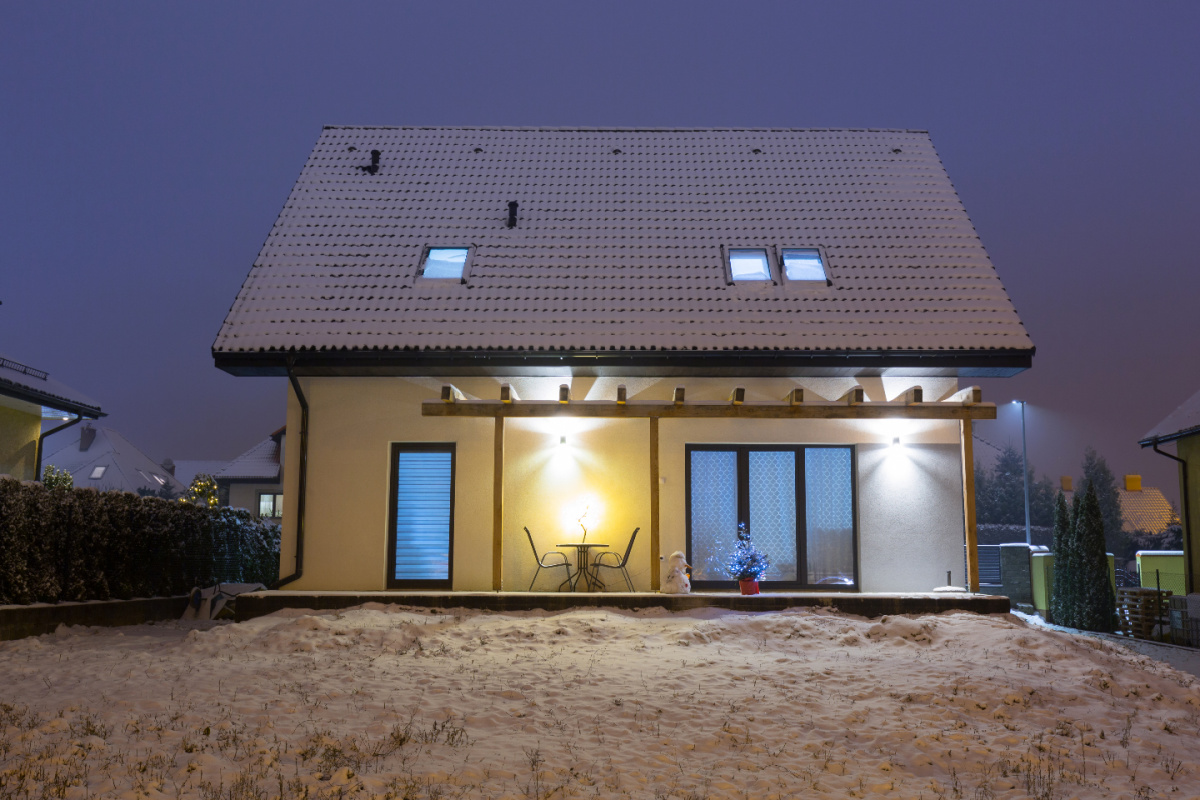Investing in proper insulation is one of the smartest moves you can make to enhance comfort and cut energy consumption.

Insulation helps maintain a stable indoor temperature, whether you live in a region that experiences harsh winters or scorching summers.
It reduces the need for extensive heating and cooling by preventing heat loss in winter and blocking heat gain in summer. This ultimately lowers your energy bills and contributes to a more sustainable future by decreasing climate control resource usage. Effective insulation minimizes heat transmission, reducing electricity costs and your carbon footprint.
Benefits of Insulation
The primary benefit of insulation is its ability to boost energy efficiency by reducing heat transfer. In cold weather, it keeps warmth inside, and in hot weather, it prevents heat from entering. This decreases the demand for artificial temperature control systems, helping you to save on bills. The efficiency of insulation is measured by its “R-value,” which indicates how well a material resists heat flow. The higher the R-value, the better the insulation. Whether you’re renovating or building a new home, selecting the right insulation for your climate is key to long-term savings.

Beyond economic advantages, insulation has substantial environmental benefits. By lowering energy consumption, it reduces greenhouse gas emissions. Power plants generate less electricity, which cuts harmful emissions and supports global efforts to combat climate change. Investing in insulation is not just a cost-saving measure but a responsible step toward a healthier, greener planet for future generations.
Key Areas to Insulate
Knowing where to insulate makes the process simpler and more effective. Prioritizing certain areas of your home can maximize energy savings.
Attic
The attic is a major source of heat loss. Warm air rises, and without proper insulation, it escapes through the roof. Fiberglass batts or loose-fill cellulose are popular choices to keep heat in during winter and reduce attic overheating in summer. Insulating your attic can also prevent issues like roof ice dams, preserving both energy efficiency and structural integrity.

Walls
Insulating walls improves indoor temperature stability and reduces the need for heating and cooling. Options like cellulose blow-in insulation or spray foam are ideal for filling wall cavities, especially in older homes. Proper wall insulation also enhances soundproofing, creating a quieter, more peaceful living environment.
Floors and Basements
Uninsulated floors and basements can cause significant heat loss. Rigid foam boards or fiberglass insulation can be used to insulate these areas, preventing energy waste and moisture problems that could lead to costly repairs.

Windows and Doors
Windows and doors are common culprits of energy loss. Weatherstripping seals gaps to stop drafts, while thermal curtains provide extra insulation by trapping heat in winter and blocking sunlight in summer. If your windows have an air leak, try sealing them with some caulk. Well-insulated windows and doors improve the efficiency of your home’s climate control systems, maintaining comfort even in extreme weather.
Additional Benefits of Insulation
Proper insulation offers more than energy savings. It enhances indoor air quality by blocking pollutants, allergens, and dust from entering your home. Insulated houses have fewer drafts and more consistent humidity levels, which promote better health. Additionally, insulation provides soundproofing, reducing noise from both outside and within the home. This creates a calmer, more comfortable living space.

Energy-efficient homes are also more attractive to buyers, increasing your property’s market value. Lower utility bills and a reduced environmental impact make insulated homes highly desirable.
Insulating your home is a wise investment that enhances comfort, lowers energy costs, and contributes to a healthier planet. Focus on insulating key areas like the attic, walls, floors, and windows to create a more energy-efficient environment.
Proper insulation not only saves money but also improves indoor air quality, reduces noise, and boosts your home’s resale value. By embracing insulation, you take a meaningful step toward a more sustainable and comfortable future.
